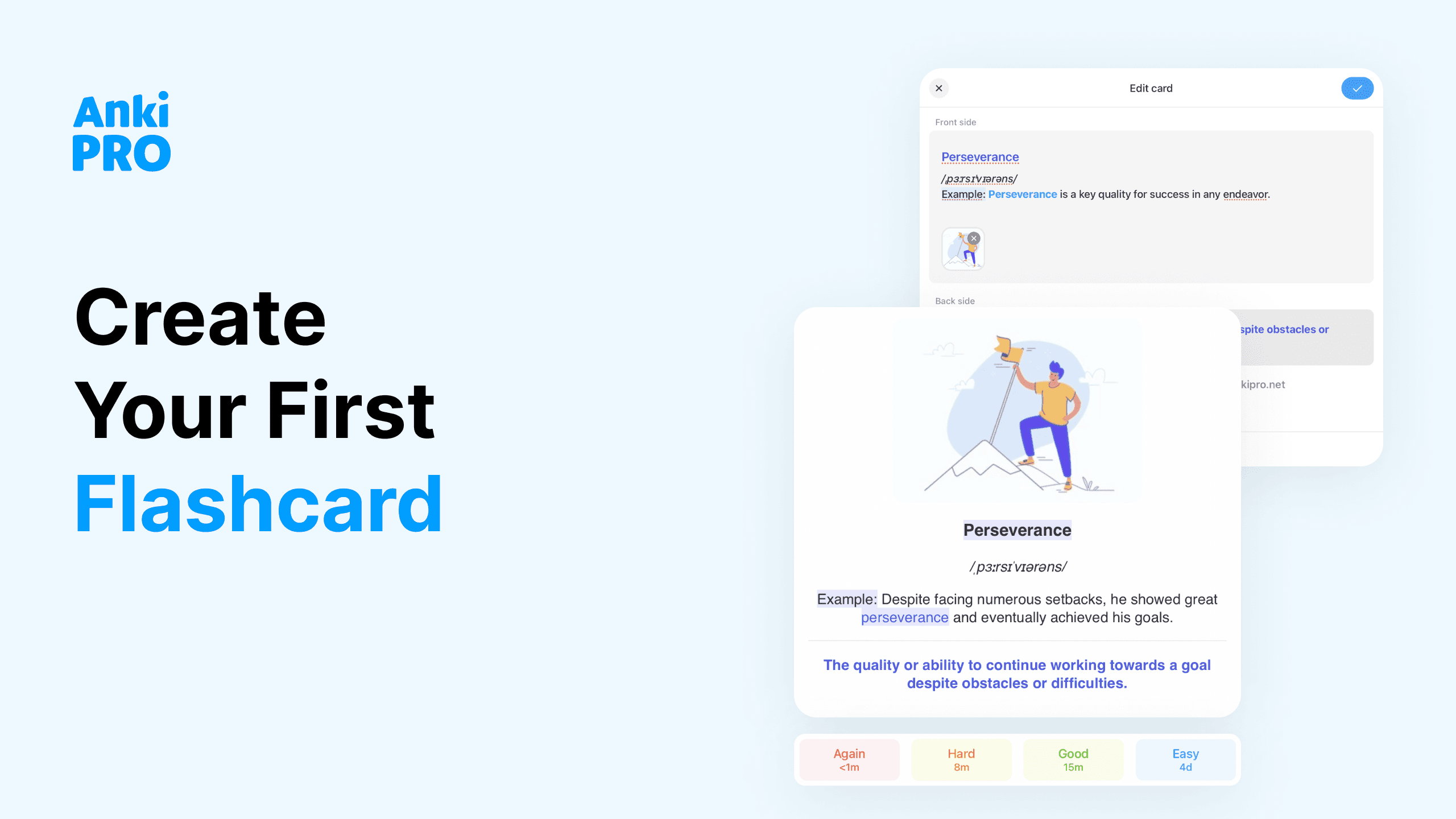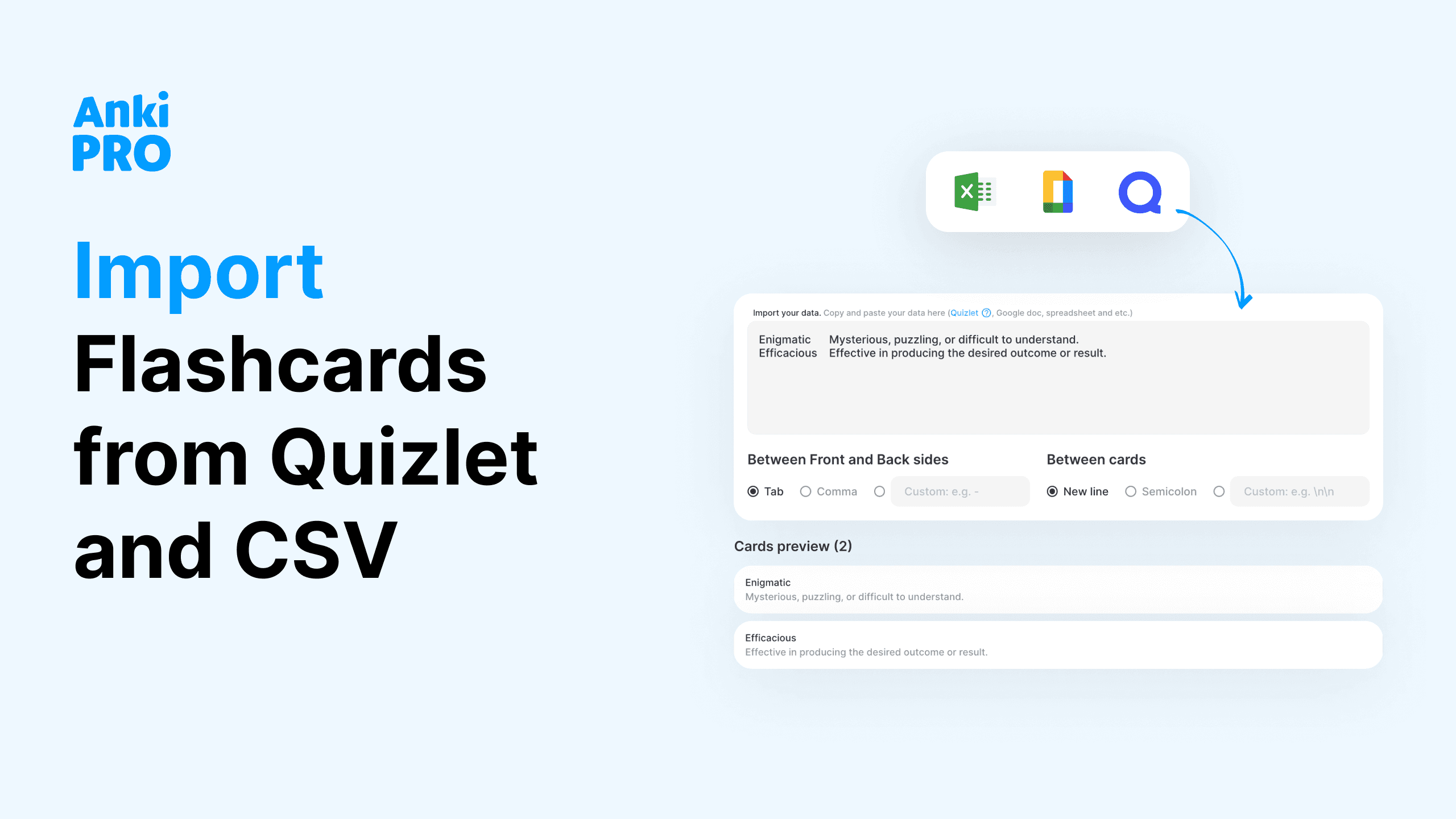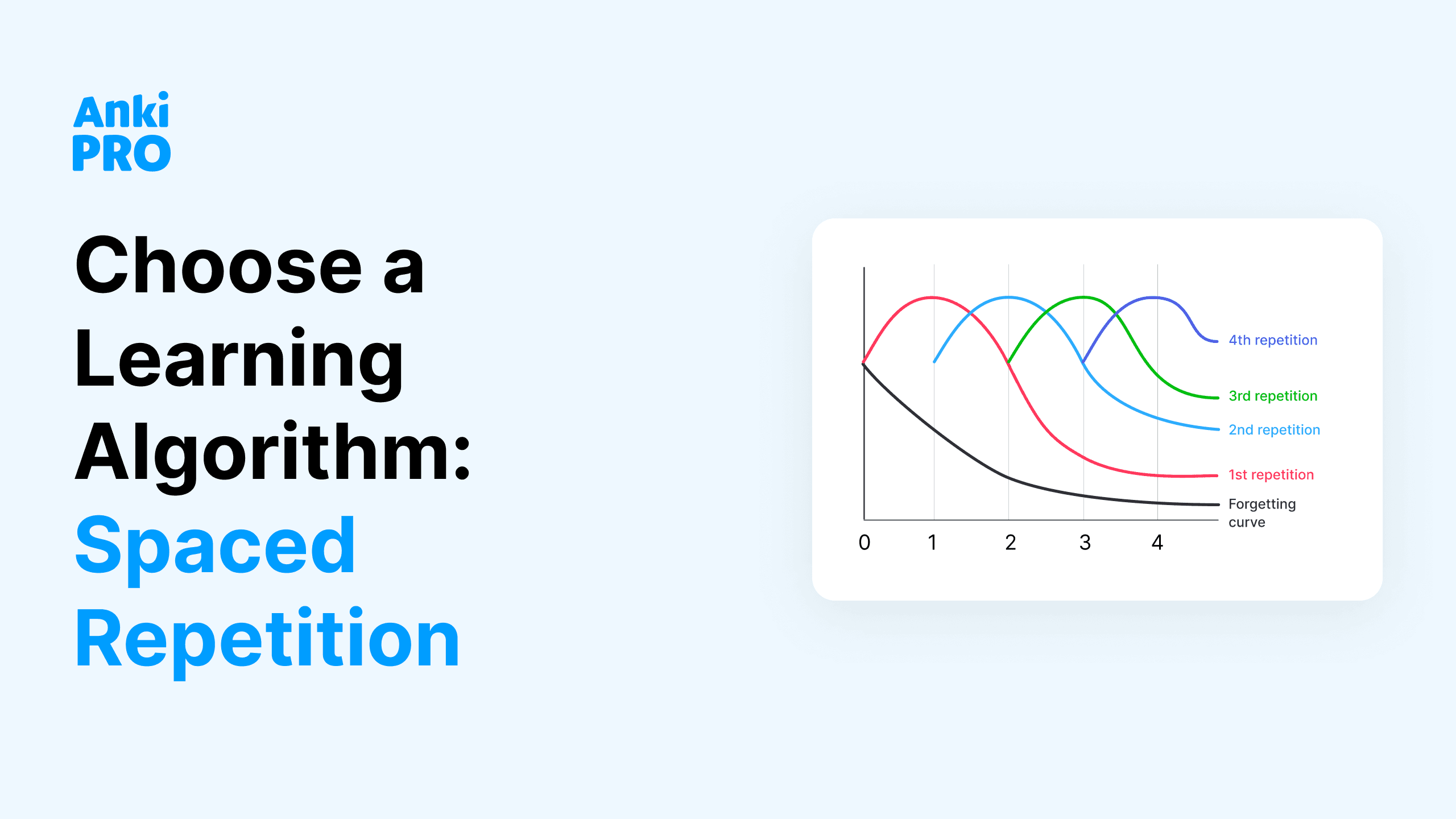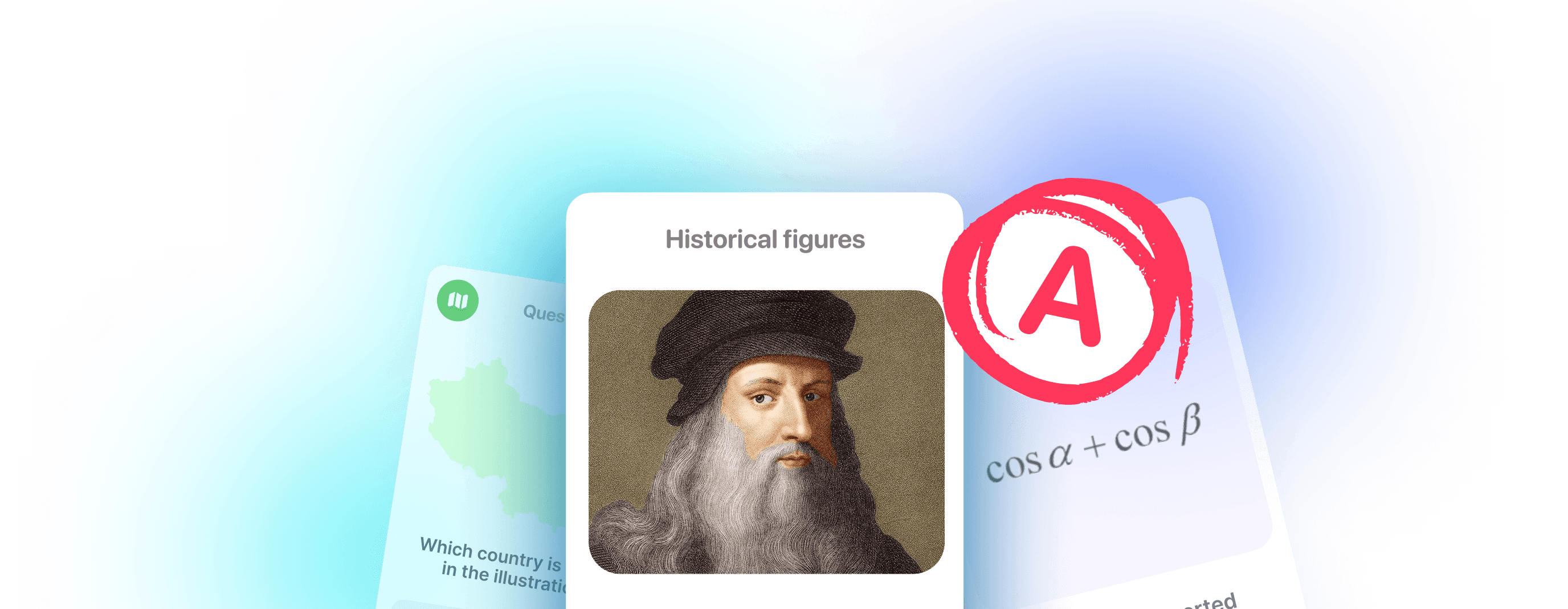«Just Guess an Answer?»: How to Study for a Test
Tests can be confusing: you don’t need to write essays or solve complex science problems, but you do need to memorize a lot of information and pay close attention to details. So, how can you effectively prepare for this type of exam?

What Is Specific About Test Exams?
Before answering a question about how to study for a test, let’s clarify why tests are so specific. The exams can be completely different depending on the subject, type, and amount of information you need to remember to pass them. Some people prefer tests to any other formats of exams because tests are clear and fast to pass, others think that essays or project-based exams are better in checking the real knowledge.
But what else makes tests distinct from other types of exams?
Tests Check Your Memory
Tests require you to answer based only on your knowledge: it is either you know or not. You can guess or answer on luck, but there is absolutely no guarantee that you will be right.
Multiple-choice Questions Are Killing
Many multiple-answer tests use an «all-or-nothing» scoring system, meaning you must select all correct answers to receive any points. If you miss one or select an incorrect option, you may get zero points for the question. So you need to be sure about everything and this is almost impossible.
Tests Make You Stressed
Probably, not everyone, but most people don’t like tests because every question requires of memorization of a lot of information. Moreover, time pressure and the exam environment make it even more difficult. It is especially confusing if you are trying to understand how to study for a test by yourself.
Imagine that you need to choose 3 options out of 5, and if you choose 2 right and 1 wrong, you lose 10 points from your grade. It is not a pleasing situation at all.

How to Study for a Test and Remember
Okay, no one can memorize everything, but how can you maximize your efficiency and memorization power while preparing for tests?
Don’t Go for Cramming
Of course, sometimes last night cramming is the only choice and sometimes you may be even lucky enough to pass. But mostly it is not only ineffective, but it is also a stressful and unpleasant experience: don’t sleep at night, too much coffee, and fragile fragmental knowledge in your head. Especially if you trying to answer a question about how to study for a test by yourself — don’t postpone till the last minute, you will drown in information.
Information crammed into short-term memory is quickly lost, often within hours or days after the exam (if not during it). When cramming, you tend to focus on surface-level memorization rather than deeply understanding concepts. As a result, the information is stored in short-term memory, where it is more easily forgotten and you will not be able to answer any deep questions about the topic.
Use Spaced Repetition
The core idea behind spaced repetition is that information is best retained when reviewed right before you’re about to forget it. Each time you successfully recall the information, the interval before the next review becomes longer. This strengthens your long-term memory and helps prevent forgetting.
That is why you need to prepare in advance — to give your memory more and more space to proceed with the information. Think about how to study for a test at least a month ahead of time.

Flashcards and Spaced Repetition
The best way how to study for a test by yourself is by using flashcards in combination with the spaced repetition method. You can even use analog old-style flashcards but digital applications like Anki Pro are better in many ways.
Why Flashcards are Effective
Here are some concrete proofs.
- Active recall — Flashcards force you to retrieve information from memory rather than passively reading or reviewing. This process strengthens your ability to remember the information, as active recall has been shown to improve long-term retention. When you actively try to remember something, your brain forms stronger neural connections, making it easier to recall the information in the future.
- Focused learning — Flashcards break information down into bite-sized chunks, making it easier to focus on one concept or piece of information at a time. This reduces cognitive overload, making the material more manageable and easier to learn.
- Spaced repetition algorithms — The automatic spaced repetition algorithm at Anki Pro is created based on your answers and leverages the «spacing effect,» where the material is reviewed just before it is forgotten, helping to encode it into long-term memory.

How to Study for a Test With Flashcards
Since you need to memorize a lot — flashcards are your best solution.
Сhoose Good Pre-made Decks
You can use pre-made decks from the Anki Pro library if there are some on your topic. Choose the one you like, read the reviews if there are any and start to study. And if someone asks you how to study for a test — send them this link.
Check the library here.
Create Effective Flashcards
Depending on the topic of the exam you are preparing for, the strategy of preparation will be a bit different, but general ideas are the same. Flashcards should be short, detailed, and with good visuals (if possible). Read more on how to make them here.

General Principles of Test Preparation
Exam preparation is more than memorization. You need to take into account a lot of details and learning how to learn is the skill itself. It is especially important to master this skill as early as possible so why don’t start now?
Find Your Bottom Line
Before starting any preparation, take the first test to find out what your current level is. Usually, you can find free preparation tests on the official website of an exam. Or you can find an example of a real exam test in your textbook, ask for it from your teacher, or find it online (no doubt, you can do it).
Make a test in a real exam situation: set out the timer for the exam time, turn off your phone, and concentrate on the test. Then analyze the results and think, about how many points you need to get, what to improve, and what kind of assistance you may need for it.
Plan Your Studies
It might sound like additional work and something nerdy, but planning actually helps. Firstly, planning makes you organize your time and think about what exactly need to learn and avoid procrastination.
Create the plan as detailed as possible: time of the day and what are you going to study during this period. This time should be fixed so in this way it would be harder for you to skip the studies because a new episode of your favorite HBO serial was released. The temptation is hard, but you can watch it later as revord for learning new topic.
Learn Actively
Continuously ask yourself questions about the material you’re studying. For example: «Why is this important?» «How does this concept apply in real life?» or «What is the main point of this section?». Formulate questions that go beyond simple fact recall. Instead, focus on questions that require analysis, synthesis, or evaluation. Discuss interesting topics with your classmates or friends, ask questions to your teacher, or read additional information on Reddit (or other online resources).
Focus on Weak Areas
After you have identified your weaknesses in the first test, put them in a plan and devote more time to understanding these topics. Use different learning strategies like videos, flashcards, or diagrams to approach difficult topics from new angles, and don’t hesitate to ask for help from a teacher, tutor, or study group when needed.
It may seem like a good idea to focus on your strong areas and hope that you will not get questions about something you don’t know. Hope is a good thing, we all need it, but while you have time — learn and improve your weak areas, you can do it and will feel much more confident during the test.
Stay consistent with your review and practice to ensure long-term retention and improvement. Over time, persistence and regular focus on weak areas will help you turn them into strengths, leading to better performance and a deeper understanding of your studies.

Don’t Just Memorize, Understand
When we are talking about tests a lot of people think that the main goal is just memorizing correct answers/words/dates.
But actually, any test preparation requires understanding. Understanding and quality memorization are walking step by step. And if you really know and deeply understand the material you will memorize it and put it into long-term memory. But if you just memorized and crammed everything you needed for the exam in one night, you will lack understanding of the material and easily make mistakes.
Take Care of Yourself
Tests are stressful, but don’t panic, try not to stress yourself. Any exam is just a part of your way, you will be fine even if you don’t pass (sometimes is hard to believe, but you will). This is how to study for a test and remember — by combining studies and rest.
Even if you are an overachiever, remember that when you are well-rested, have enough sleep, and fool of energy — you will perform better during the test. So it is beneficial in any way.
Have a good rest every day and a quality day off at least once a week. Go for a walk, meet a friend, and watch your favorite movie. And come back to studies when you are more productive.

How to Study for a Test on the Last Day
Should you go through all the information last evening? Well, you should do some last-moment check but at the same time don’t overwhelm yourself and go into panic mode if you don’t remember something. So here is what you can do:
- Go through flashcards
Put general spaced repetition mode and go through the deck checking if you remember everything.
- Identify the most important topics or concepts likely to appear on the exam
These are usually the big ideas, main theories, formulas, or themes that the course has emphasized.
- Stop on confusing points
If there are any concepts that are still unclear, use your notes, textbooks, or videos to quickly clarify them. Don’t dive into complex details; aim for a general understanding.
- Don’t dive into details of very unknown or confusing topics
Probably it is too late to learn complex topics from the beginning at this point. If it has happened that you didn’t learn one of the fifty topics, okay, let it be, don’t panic. For the last evening focus on reviewing everything else.
So now you are ready and know how to study for a test, go to sleep, have rest and good luck!









